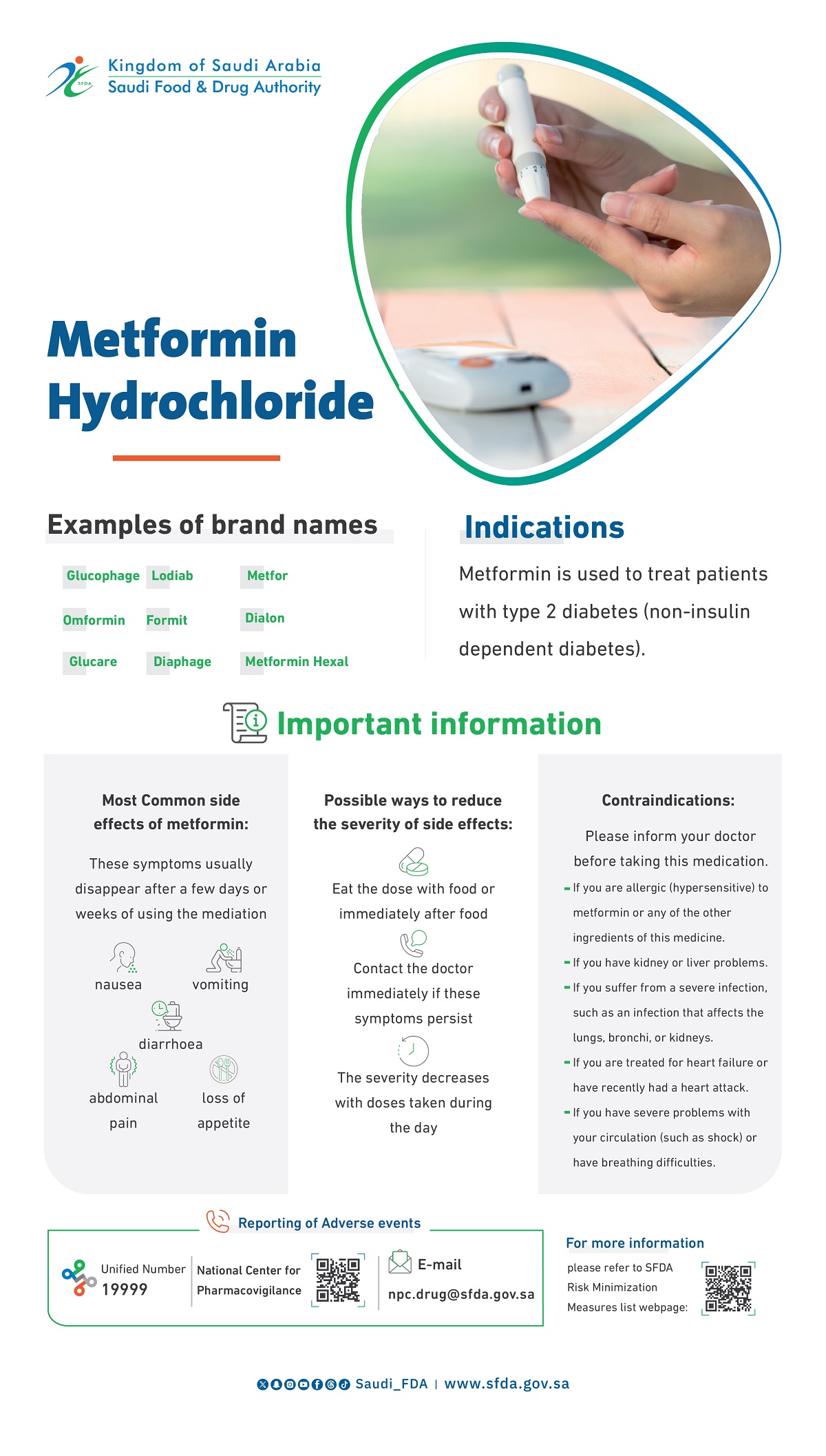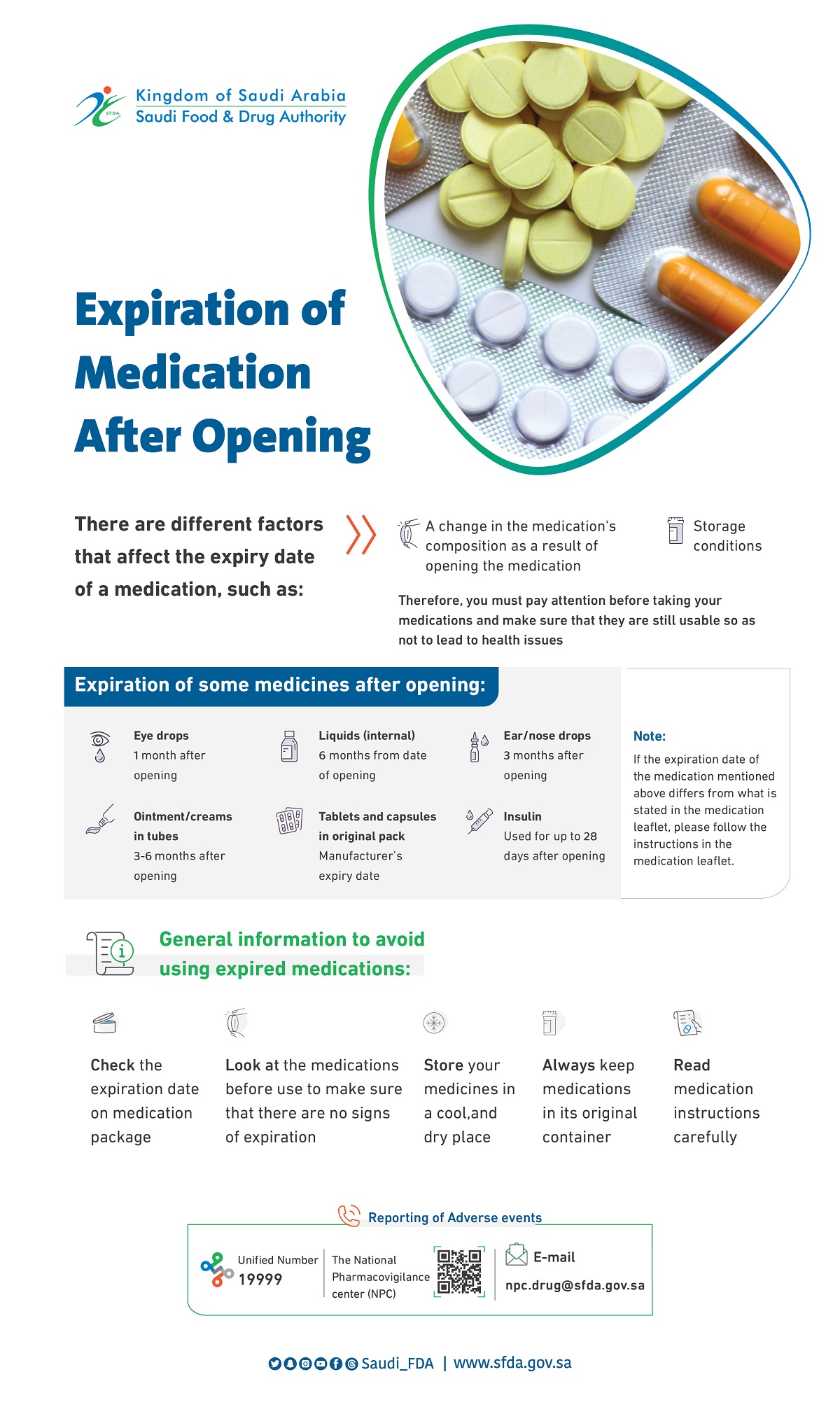
Efficacy and safety of pantoprazole 20 mg once daily treatment in patients with ulcer-like functional dyspepsia
Efficacy and safety of pantoprazole 20 mg once daily treatment in patients with ulcer-like functional dyspepsia
Efficacy and safety of pantoprazole 20 mg once daily treatment in patients with ulcer-like functional dyspepsia
2008-06-18
Objective: To investigate the efficacy of pantoprazole 20 mg once daily in relieving epigastric pain associated with ulcer-like functional dyspepsia.
methods: In this double-blind, placebo-controlled, multicentre study, patients experiencing ulcer-like functional dyspepsia, with epigastric pain as the predominant symptom, were randomised to receive pantoprazole 20 mg or placebo o.d. for 28 days. Primary endpoint was the complete relief (i.e. absence) from epigastric pain after 28 days' treatment. The odds ratio (OR) for pantoprazole/placebo and its 95% confidence intervals (CIs) were determined. Significant superiority of pantoprazole was concluded if the value 1.0 was above this interval.
Results: Of 419 patients (intention-to-treat [ITT]) randomised to treatment, 207 received pantoprazole and 212 received placebo. Epigastric pain relief was achieved after 28 days' treatment in 55% of pantoprazole recipients and 45% of placebo recipients (per-protocol [PP]: 58% and 47%, respectively).
Pantoprazole demonstrated statistically significant superiority compared with placebo in the ITT (OR: 0.68; 95% CI: 0.46−0.99) and PP populations (OR: 0.64; 95% CI: 0.42−0.98). Pantoprazole was more efficacious than placebo in relieving heartburn and acid regurgitation after 7, 14 and 28 days of treatment.
The sum score of gastrointestinal symptoms after 28 days was statistically significantly lower in the pantoprazole than placebo group. Fewer patients receiving concomitant psychotropic medication experienced relief from epigastric pain than those not receiving such medication. Adverse events did not significantly differ between pantoprazole and placebo.
Conclusions: Results of this study suggest that pantoprazole 20 mg is more efficacious than placebo, and is a well-tolerated treatment for relieving epigastric pain in patients with ulcer-like functional dyspepsia. Further research is needed to confirm these findings.
Source: Current Medical Research and Opinion, June 4, 2008





